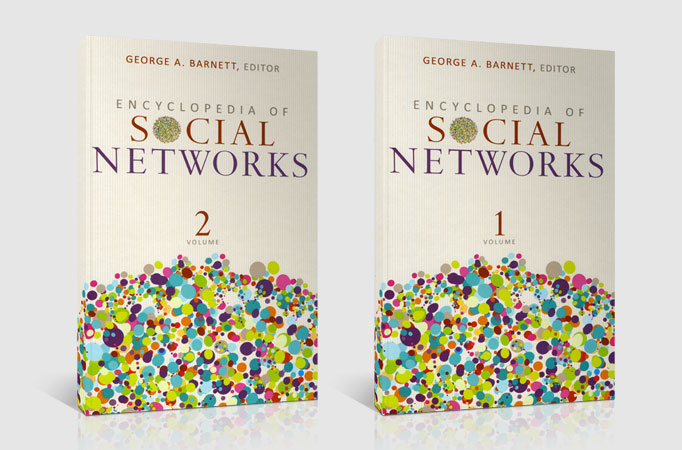< Menú
> Siguiente: Join the Conversation.
Encyclopedia of Social Networks.
Entrada: Newsgroups

NEWSGROUPS
Newsgroups could be thought of as the Secret Society of Internet, at least until Google unveiled them in 2001 through Google Groups, after buying the Usenet archive from Deja.com Newsgroups are, in reality, the mother of all the social webs, the dinosaur of social networking. They came out before the web existed and at the point when the Internet was used exclusively by scientists and the military. A newsgroup is a communication system that allows people subscribed to a Group, on the basis of shared interests, to communicate among themselves, share knowledge, and express doubts and questions on varied topics. Its contents, inaccessible to most search engines and usually requiring specific software, (as in the case of the newsreaders, similar in many respects to the RSS), tell of the exultant and untiring underground conversation which has lasted more than 30 years. Newsgroups have their origins in 1979, when two students from Duke University, Tom Truscott and Jim Ellis created Usenet (User’s Network), the “popular” sister (some would say the “poor” one) of ARPANET.
Usenet was designed as a network of interconnected servers allowing academic discussion no matter where the speakers were located and permitting contact between people who did not know each other but who shared common interests. Its use and contents soon became popular, giving rise to a conversation without borders and with nonprofit motive.
Talking for Talking’s Sake
Through Newsgroups, conversation among equals ⎯which, in the case of “classic” mass media, like television, radio and press, and even though fed by media contents, had been relegated to the offline world⎯ came into history for the first time and definitively, within the media.
When the Internet began, with Usenet and Newsgroups, users therefore found themselves with conversation and interaction as key elements, much before “web.2.0”, advertised as the longed-for advent of an interactivity that, in reality, made up the very center of Usenet for decades; much before forums and Weblogs began to populate the Internet. In contrast to what happens with many participative spaces, like the customary blogs or forums, in which subjects are “suggested” or imposed and participation consists of a debate on those imposed topics, newsgroups allow any member of the group to raise the subject of debate, one of the main conditions for real interactivity ⎯not a substitute for it, in which the actor who decides the subject for debate necessarily calls the shots. The contents of newsgroups cover a wide spectrum, from superspecialization to amateurism, and, of course, the main part of all conversation is “talking for talking’s sake”.
Newsgroups are organized hierarchically in categories such as com (subjects related to information science); misc (miscellaneous groups); rec (recreation); sci (science); soc (sociological subjects); alt (alternative subjects that do not fit into the other categories); and humanities and news, among others. Some newsgroups are moderated, which means that new entries or articles go through a filter or gatekeeper before being published and accessible on Usenet. The protocol used for reading and publishing news on Usenet is the network news transfer protocol (NTTP).
In contrast to the discourse on publicity and openness surrounding the Web lately (discourse that at times is not free from a certain degree of demagogy), and in contrast to the innate overexposure characteristic of social networks such as Facebook or MySpace, newsgroups have always been a form of communication reluctant to being in the spotlight; they are more intimate, more ceremonious, more tribal. With its own jargon, “trolls”, imaginary culture, and even reductio ad Hitlerum (as a Usenet discussion grows longer, the probability of a comparison involving Nazis or Hitler approaches one, known also as Godwin’s Law), it is very probable that for many Usenet users the bright shop window of Google Groups is not precisely the dream place to end up.
With its unglamorous appearance and its ascetic and arid blocks of text in total opposition to user-friendly design, Newsgroups continue to be of the few strongholds on the web in which the content is still king. Perhaps they are not as old-fashioned as some think when they ask: “But, does Usenet still exist?”